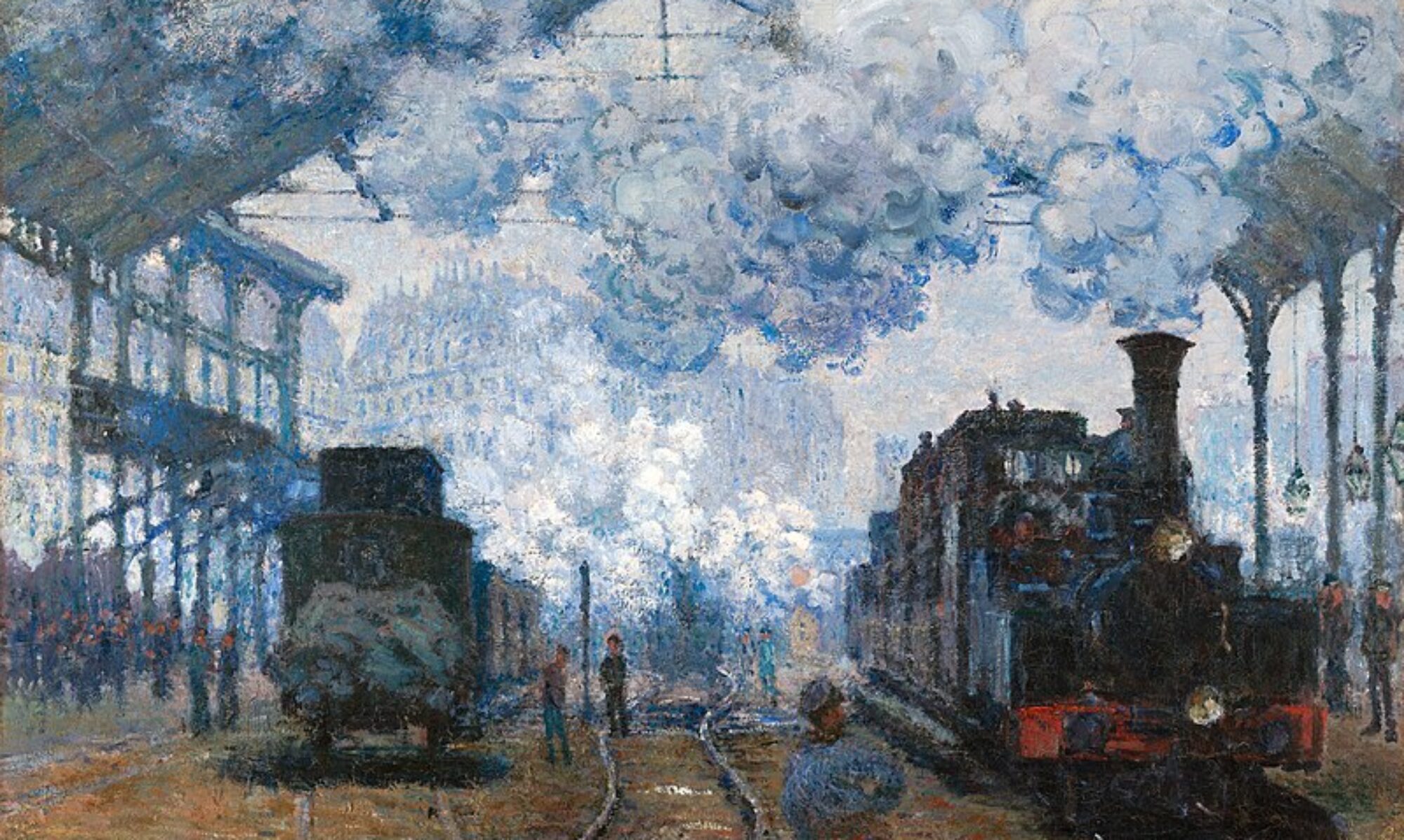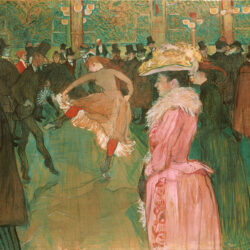In Renan’s What is a Nation, he attempts to define the principles that create a nation. Renan provides multiple counter-arguments against the claim that nations are natural and permanent rather than constructed and dynamic. For instance, Renan criticizes the belief that one shared religion, ethnicity, or language creates a nation because he fears that this belief can justify violence to force assimilation onto different groups of people who do not wish to unite with another group. (Renan, 51-52) Also, Renan mentions that no one belongs to only one racial group due to mixing. For example, he mentions that the french are made up unacknowledged racial groups that have mixed over time, such as, the Franks, Burgundians, and Gauls. (Renan, 49) Also, Renan mentions that languages are constantly changing in a region and cannot define a nation. (Renan, 50) Thus, Renan believes that a nation can only be formed by a “spiritual principle,” which he describes by stating, “One lies in the past, one in the present. One is the possession in common of a rich legacy of memories; the other is present-day consent, the desire to live together, the will to perpetuate the value of the heritage that one has received in an undivided form.” (Renan, 52) Thus, he claims that a nation is formed when groups of people have shared experiences that spark a desire inside of themselves to unite under their ancestors’ shared struggles. Also, Renan states, “I spoke just now of “having suffered together” and indeed suffering in common unifies more than joy does.” (Renan, 53) Renan claims that a nation is united by shared grief and the desire to heal together. However, a few questions are raised. For instance, Renan does not describe what is considered a form of suffering, nor does he mention how to determine if the experiences of groups are shared. What form of suffering can unite people under one nation? How can it be proven that all people truly desire to unite if one group decides to dominate the conversation?


Making the Modern World: Europe in the 19th Century
Liberalism and socialism and imperialism, oh my!